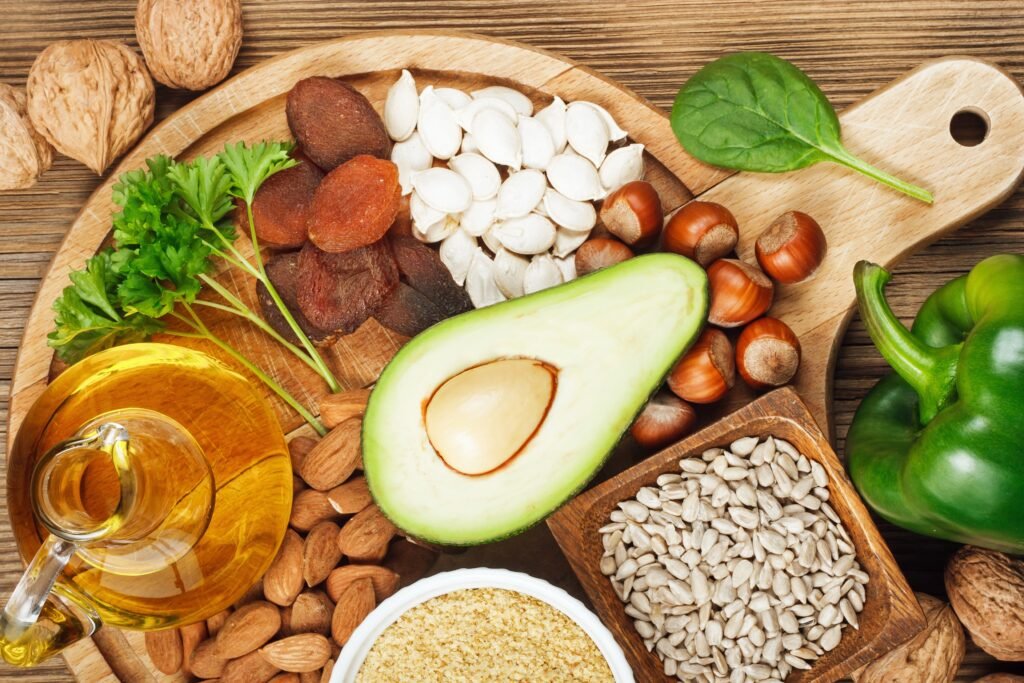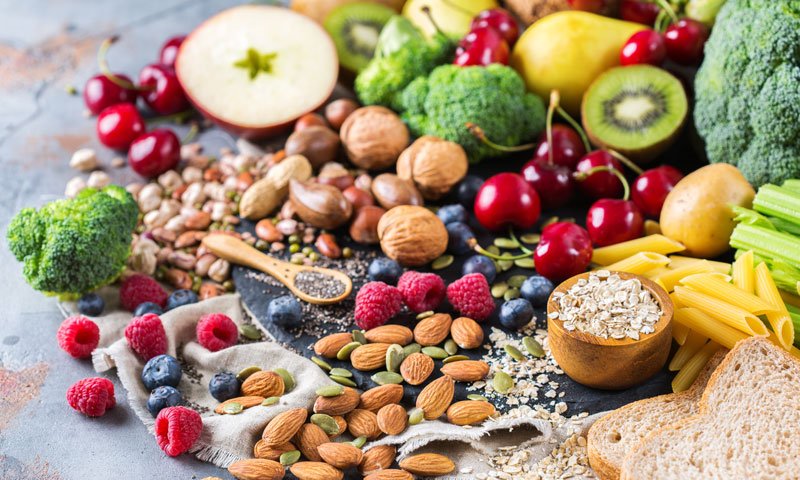Avoid Processed Foods: Eating a balanced and nutritional diet is key to maintaining good health and wellbeing, yet making the appropriate food choices can be challenging due to an abundance of processed food products available on the market today.
Processed food may be convenient and delicious, but they often contain harmful ingredients like added sugars, sodium, and preservatives that could have serious repercussions for your health. Consumption of processed foods could lead to weight gain, elevated cholesterol levels and an increased risk of cardiovascular disease – here are 7 reasons why avoiding them would be wise.
What Are Processed Foods?
Processed foods refers to any food that has been altered from its natural state through various means, such as cooking, freezing, dehydrating, canning, pickling or milling. Processing may also involve the addition of preservatives, flavorings, artificial sweeteners or colourings; with the ultimate aim being an extension in shelf life as well as improved taste, texture and appearance.
Processed foods tend to be high in sugar, sodium and unhealthy fats. Furthermore, processed food often includes genetically modified organisms. Unfortunately, 90% of American adults regularly consume processed foods – such as frozen meals, pizza, chips, doughnuts cookies and crackers.
Reasons Why Processed Foods Are Unhealthy

One reason processed food can be unhealthy is their high sodium and nutrient-poor profile; many processed foods contribute significantly to overall sodium consumption by providing significant sources of additional sodium intake compared with what is recommended as daily maximum amounts. Furthermore, processed foods also tend to lack important components like fibre, vitamins, minerals and other vital elements necessary for health such as fibre supplements or multivitamins.
Sugar in processed food products poses a serious health threat. Studies have linked added sugar with weight gain, heart disease and diabetes – especially among the obese population. Sugar can be found in baked goods, sauces, condiments, energy drinks and snack foods – while processed foods with trans fats increase heart disease risk; such foods include baked goods, fried foods and snack foods.
1) Health Risks Associated With Eating Processed Foods

Weight Gain – Due to processed foods’ high concentration of unhealthy fats and added sugars, weight gain may become a serious health concern. Cardiovascular Disease – Processed foods contain high sodium concentrations which could raise blood pressure significantly and put people at increased risk for cardiovascular disease. Nutritional Deficits – Many processed foods lack important vitamins and fibre, increasing chances of nutritional deficiency which could put lives at risk significantly.
2) Nutritional Value Of Processed Foods

Processed foods often contain vitamins that have been extracted through processing, decreasing their nutritional value. White bread for instance is typically fortified with B vitamins that have been stripped out during its manufacturing. There are, however, processed food items which add vitamin fortification as an extra bonus.
However, much of the nutritional value in processed food is marginal. For instance, someone consuming an abundance of white bread won’t receive sufficient fibre or B vitamins since these essential components have been removed during processing.
3) High Amounts Of Sodium In Processed Foods

Dietary guidelines suggest limiting sodium consumption to no more than 2,300 mg a day; eating a diet high in processed food can quickly lead to exceeding this limit and excessive sodium can increase health issues including high blood pressure and possibly an increased risk of heart disease and stroke. Due to being processed with added salt, processed food tends to contain excessive levels of sodium that makes overconsumption easy.
4) High Amounts Of Added Sugar In Processed Foods

Sugar in processed food products poses a substantial health risk, being linked with multiple health issues and poor eating habits. Foods high in added sugar include baked goods, energy drinks and sweetened beverages – the American Heart Association advises adults consume no more than 100 calories from added sugar each day but this may be difficult with diets that include processed food items.
5) Lack Of Essential Vitamins And Minerals In Processed Foods

Vitamin and mineral deficiencies found in processed food is a serious public health risk. Vitamin and mineral intake plays a vital role in maintaining good immune, bone, and nervous systems health; eating too many processed foods could result in nutritional deficiencies which pose a real health threat to children who still require essential vitamins and minerals for growth.
6) Increase In Unhealthy Fats Due To Processing

An eating regimen consisting of processed food may lead to an increase in unhealthy fats due to processing, potentially increasing cardiovascular disease risk and other health concerns. One such fat added commonly to processed food products is trans fats – known for increasing cardiovascular disease risks.
7) Bad Long-term Health Consequences

Weight Gain – Eating too many processed foods can contribute to weight gain, which poses serious health risks. Cardiovascular Disease – Diets high in processed food have been shown to increase cardiovascular disease risk. Nutritional Deficits – Consumption of too many processed foods could cause deficiencies.
Tips For Avoiding Processed Foods And Eating Healthier

As much as possible, try eating fresh and unprocessed foods, selecting those low in sodium and added sugar, limiting processed food consumption, looking for healthier alternatives when possible and becoming aware of GM ingredients; keeping a food journal can also help identify patterns which contribute to poor health; become informed of health risks associated with processed food consumption so as to make healthier food choices and mitigate negative health outcomes associated with eating processed food; additionally educating yourself on their harmful health effects can enable you to make smarter food decisions and avoid these health risks altogether.
Also Refer:- 7 Diet Components For Optimal Health








Leave A Comment